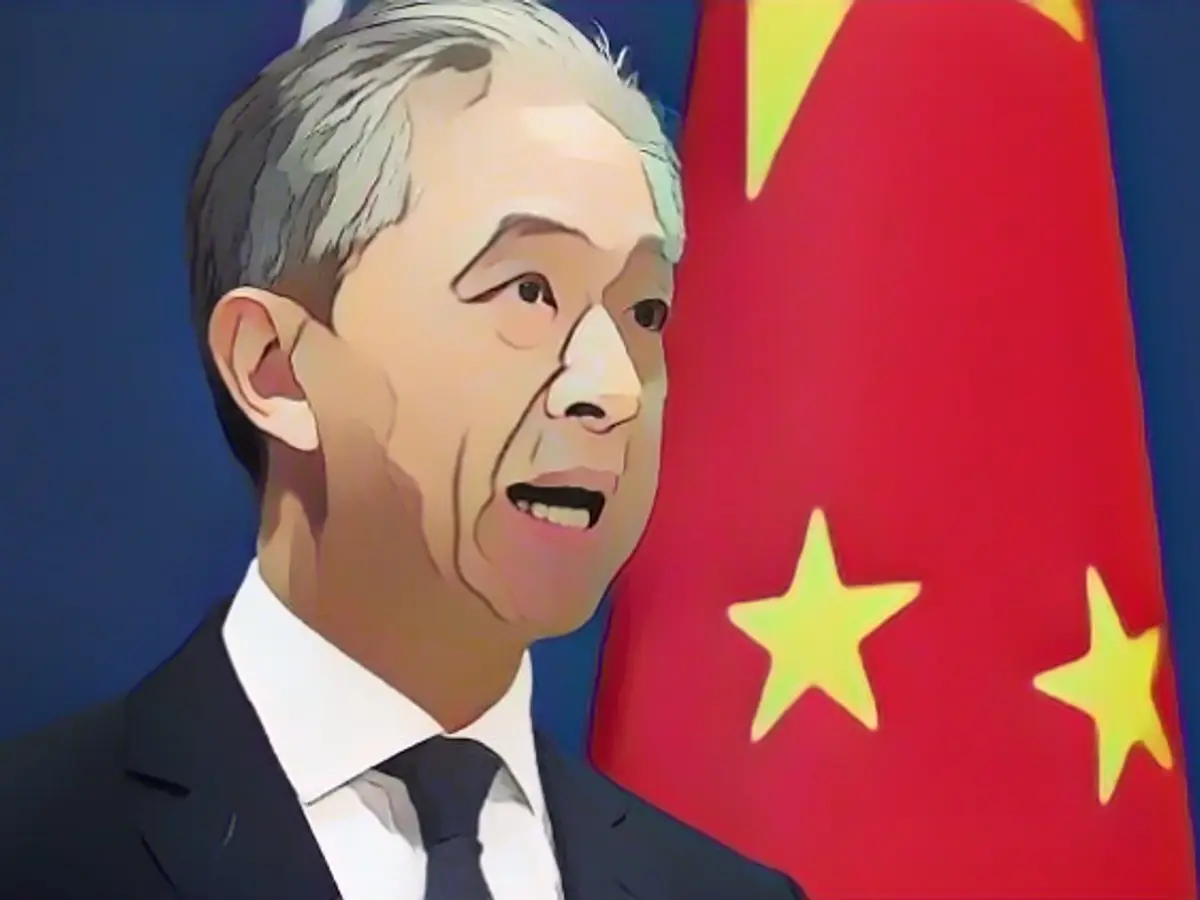In anticipation of the EU-China summit, China has voiced its disapproval of Brussels' export policy, branding it as illogical and incongruous with rationality. As Foreign Office spokesperson Wang Wenbin asserted, if the European Union were to impose stringent export constraints on high-tech products to China while simultaneously escalating exports, this may not align with logical reasoning.
Notably, this critique comes as Europe grapples with a substantial trade deficit in China's favor, a topic that will surely be discussed during the delegation led by Council President Charles Michel and Commission President Ursula von der Leyen, who will meet with Chinese head of state and party leader Xi Jinping on Thursday.
Prior to the trip, von der Leyen expressed her stance on the matter, vowing that European leaders would not tolerate the perpetuation of an unfair trade equilibrium. The EU possesses tools to safeguard its domestic market, but its preference lies in a negotiated resolution over a precarious trade imbalance.
China contests these EU statistics, claiming that they do not accurately portray the genuine exchange of trade between Europe and China. More than a third of European companies' export volume in China is eventually redistributed to Europe, causing Wang Wenbin to argue that while China maintains a trade surplus, most profits find their way back to European hands.
Beyond the trade deficit, EU representatives are expected to scrutinize the unbalanced competitive conditions for European companies in China. Conversely, China is expected to engage with Brussels' continual investigation into Chinese electric vehicle subsidies and the EU's objective to minimize reliance on China in vital sectors.
The EU-China summit and associated trade discussions are now fraught with complications due to growing tensions. Tariffs and retaliatory measures, such as China's anti-dumping investigation into EU pork exports, have aggravated the situation. Both parties are deeply entrenched in their positions, with the EU seeking to address market distortions and unfair trade practices and China viewing EU actions as protectionist, given the substantial trade deficit.
This complex, intricate dance between economic interests and global challenges serves as the backdrop for the EU-China summit, necessitating a delicate balance between addressing pressing issues and avoiding broader trade conflicts. It remains to be seen whether this summit will yield a resolution or further escalate an already contentious situation.








